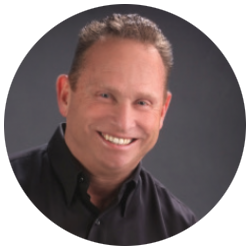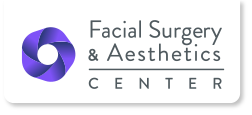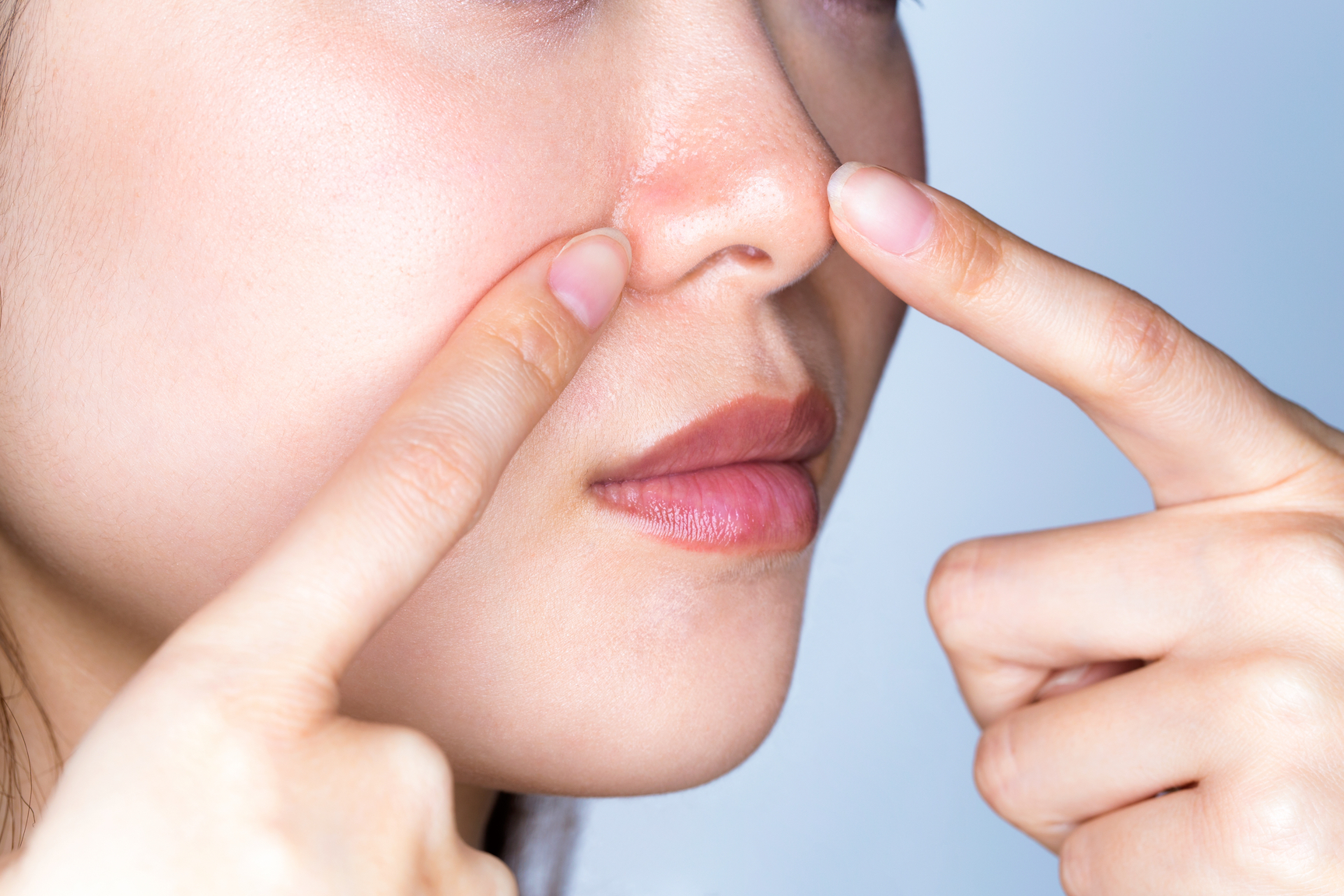
Dr. Menachof, MD, FACS has performed thousands of facial plastic surgery procedures in over 20 years of experience. He has been recognized as a Fellow by multiple academies, named one of America’s Top Facial Plastic Surgeons continually since 2003 and is featured in multiple national publications.
A nose job failure sounds like a scary thing. But, before you determine that your rhinoplasty has failed, it’s important to know about rhinoplasty healing time and side effects. And, luckily, if you do experience a failed rhinoplasty, revision rhinoplasty is an option.
Healing After a Rhinoplasty
 It’s impossible to tell if your rhinoplasty was a failure right after the procedure, since the complete healing time for the nose will last about one year. While the healing process and recovery following a rhinoplasty is slow, you should still be able to see continual improvement throughout this time.
It’s impossible to tell if your rhinoplasty was a failure right after the procedure, since the complete healing time for the nose will last about one year. While the healing process and recovery following a rhinoplasty is slow, you should still be able to see continual improvement throughout this time.
After a rhinoplasty procedure, you can expect nasal swelling to continue for up to a year. 90 percent of nasal swelling usually subsides about a month or two after the procedure, but patients tend to be “public ready” about two weeks following the procedure. The healing timeframe looks different for each patient. If the initial rhinoplasty procedure involved breaking the nose, surgeons typically recommend wearing a cast to keep the nasal bones in position.
Consult with your surgeon about any concerns if you still think you had a failed rhinoplasty as healing continues. Before you consider revision rhinoplasty, you should wait until your nose has fully healed. Ask your surgeon about the changes that you should expect throughout the first year and ways to minimize nasal swelling. Yes, it can be difficult to remain patient during the healing process, but you don’t want to have another procedure while your nose is still healing!
Why Does a Rhinoplasty Fail?
If your initial rhinoplasty procedure did not meet your expectations, you will be able to discuss your potential failed nose job after the full year of healing. The rate of nose job failure is only about five to ten percent of rhinoplasties. Here are reasons why a patient might consider their nose job a failure and seek revision rhinoplasty:
- The initial rhinoplasty does not complement the patient’s face
- The nose did not heal as expected
- The nose healed aesthetically, but not functionally
- The patient experienced nasal trauma during the initial rhinoplasty healing process
A rhinoplasty fail can be happen because of an inexperienced surgeon performing surgery, but it can also result from overly aggressive surgery or a surgery that was not aggressive enough. Make sure you choose an expert surgeon who can produce consistent results, which means they have performed at least 500 rhinoplasties. Do your research before your procedure to prevent a nose job fail.
Revision Rhinoplasty
If you haven’t already done so, discuss your nasal concerns either with the surgeon who performed the initial rhinoplasty, or with a surgeon specializing in revision rhinoplasty. It’s important to be upfront with your surgeon about your desired nasal configuration so he or she can formulate a plan tailored to your nasal needs.
The rhinoplasty risks increase with each revision procedure, so make sure to find an experienced surgeon to perform the first revision rhinoplasty.
Revision rhinoplasty is sometimes necessary but remember – nose job fails can be improved. Revision rhinoplasty healing time is longer than an initial rhinoplasty, and cost is typically discussed during a consultation.
Is Surgery Required to Fix a Nose Job Fail?
No, surgery is not always required to fix a failed nose job. Fillers can be an option, too. Fillers are a temporary way to improve the appearance of your nose and treat minor irregularities. There are more permanent filler options available, however, we would not recommend long-term fillers if you are considering revision rhinoplasty as well.
Temporary fillers are made with hyaluronic acid, and the results last less than a year. These fillers can also be reversed with an injection if you are not happy with the outcome. It’s important to note that permanent and semi-permanent fillers can make surgery more difficult, so be sure to consider your options carefully before committing to fillers or another procedure.
Should I Keep Working With my Surgeon after a Failed Nose Job?
When considering revision rhinoplasty, you should consult the surgeon who performed your initial procedure, as he or she should know the proper steps to get to your desired nasal shape. However, if you do not feel comfortable speaking to your initial surgeon, consult a specialized revision rhinoplasty surgeon for a second opinion, and they will help determine the best course of action.
Even in the best of hands, there is always the small possibility of a nose job failure. Be sure to do your homework before the procedure – make sure your surgeon is board-certified, has a good reputation, and has plenty of before and after photos of patients with similar nasal problems or desired outcome as you.
Considering rhinoplasty or revision rhinoplasty? Contact Dr. Menachof for a consultation.
This article was originally posted in May 2019 and has been republished in 2021 with updated information.




